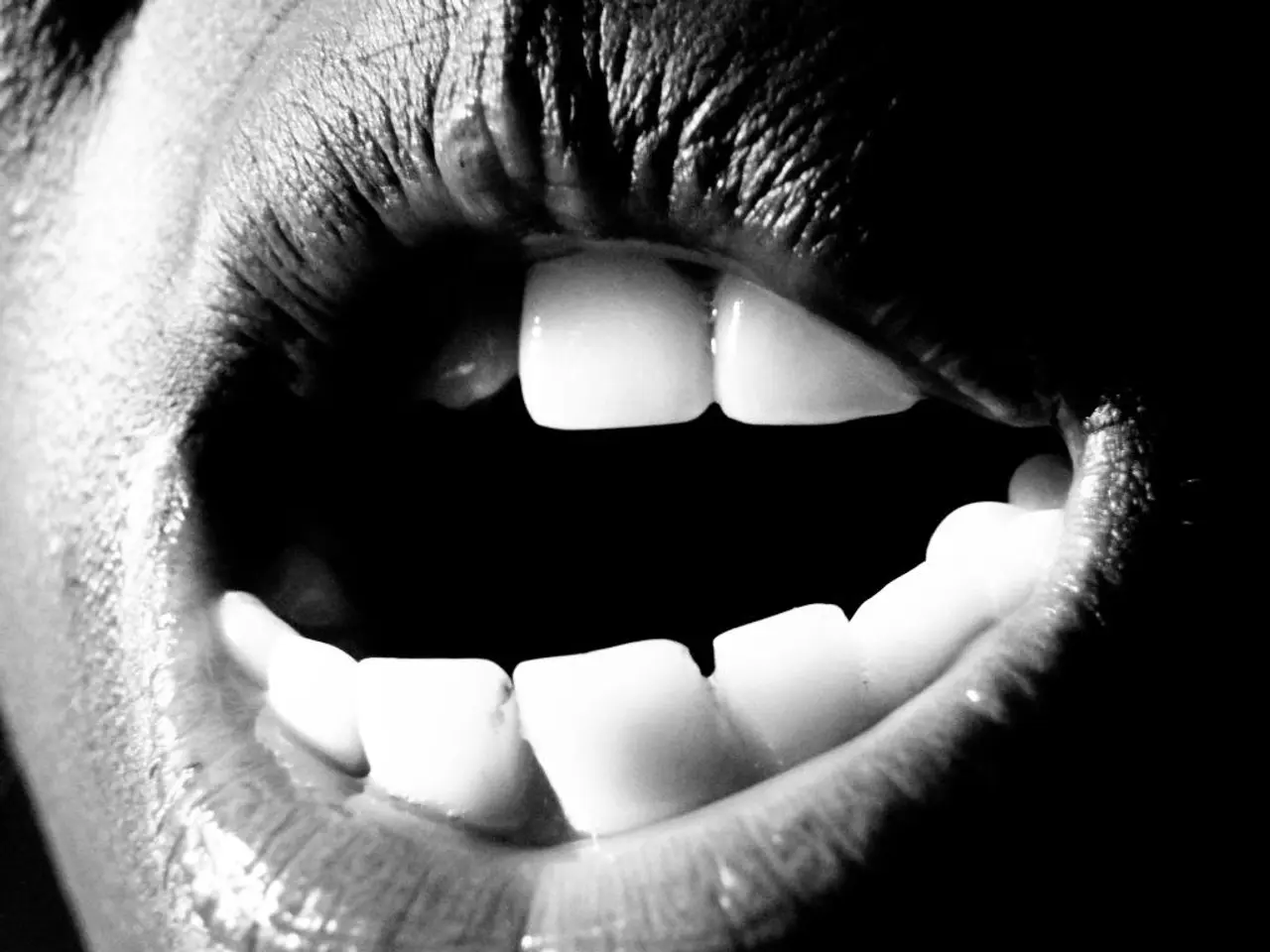Potential reasons for experiencing lower back discomfort and difficulty breathing
Back pain and shortness of breath can be unsettling symptoms, and it's essential to understand the potential causes behind them. This article aims to provide an overview of the various factors that could be responsible for these symptoms, as well as when it's necessary to seek immediate medical attention.
### Potential Causes
1. Musculoskeletal issues: Muscle strains or spasms in the upper back can cause pain that worsens with deep breathing. Such issues are often related to overuse, poor posture, or sleeping positions and are generally less serious.
2. Pulmonary causes: Conditions such as a pulmonary embolism (a blood clot in the lungs) can cause sharp back pain that worsens with breathing, accompanied by shortness of breath. This is a medical emergency. Lung diseases like COPD, asthma, chest infections, or other lung conditions may also produce both symptoms.
3. Cardiac causes: Heart conditions such as heart failure or ischemic heart disease can present with shortness of breath and sometimes back or chest pain, indicating potentially serious illness that needs prompt evaluation.
4. Gastrointestinal causes: A hiatal hernia occurs when part of the stomach moves upward near the esophagus, causing acid reflux, chest or abdominal pain, and sometimes back pain and shortness of breath.
5. Anxiety: Anxiety and panic attacks can cause shortness of breath along with chest tightness or back discomfort due to physiological stress responses.
### When to Seek Immediate Medical Attention
You should seek emergency care immediately if you experience back pain and shortness of breath accompanied by any of the following:
- Sudden, severe back or chest pain, especially if worsening with breath. - Sudden onset of shortness of breath without exertion. - Fainting, dizziness, or weakness. - Rapid or irregular heartbeat. - Coughing up blood. - Fever without an obvious cause.
These symptoms could indicate life-threatening conditions like pulmonary embolism, heart attack, or severe lung infection.
### Summary
- Common causes: Muscle strain, anxiety, asthma, hiatal hernia. - Serious causes: Pulmonary embolism, heart failure, lung disease. - Seek urgent care if: Severe pain, sudden breathlessness, fainting, irregular heartbeat, or coughing blood occurs.
If symptoms are persistent, unexplained, or worsening, it's important to consult a healthcare professional promptly for accurate diagnosis and treatment. Anyone showing signs of a heart attack needs emergency medical care. Other conditions such as aortic dissection, gallbladder disease, or lung cancer may also contribute to back pain and shortness of breath, but these are less common causes.
Remember, knowledge is a powerful tool in managing health concerns. If you're experiencing persistent or unusual symptoms, don't hesitate to reach out to a healthcare professional for guidance.
- Muscle strains or spasms in the upper back, often due to overuse, poor posture, or bad sleeping positions, can cause pain that worsens with deep breathing.
- A pulmonary embolism, a blood clot in the lungs, can cause sharp back pain that intensifies with breathing, accompanied by shortness of breath, and this is a medical emergency.
- Lung diseases like COPD, asthma, chest infections, or other respiratory conditions may produce both back pain and shortness of breath.
- Heart conditions such as heart failure or ischemic heart disease can cause shortness of breath and sometimes back or chest pain.
- A hiatal hernia, where part of the stomach moves near the esophagus, resulting in acid reflux, chest or abdominal pain, and sometimes back pain and shortness of breath.
- Anxiety and panic attacks can lead to shortness of breath along with chest tightness or back discomfort.
- Multiple sclerosis, a degenerative disorder affecting the nerves, can cause muscle pain, fatigue, and shortness of breath.
- Type 2 diabetes, a chronic medical condition, can lead to complications like macular degeneration, nerve damage, and increased risk of heart disease, colitis, and certain types of cancers.
- Dermatitis, an inflammatory skin condition, can cause itchiness, redness, and pain.
- Psoriasis, a chronic autoimmune disease, can manifest as red, scaly patches on the skin, joint pain, and sometimes depression.
- Cholecystitis, inflammation of the gallbladder, may cause abdominal pain, nausea, and potentially back pain.
- Ulcerative colitis, a type of inflammatory bowel disease, can cause abdominal pain, diarrhea, and weight loss.
- Non-small cell lung cancer (NSCLC) is one of the most common types of lung cancer.
- Atopic dermatitis, also known as eczema, is a chronic skin condition characterized by itchy, inflamed skin.
- GERD, or gastroesophageal reflux disease, can cause heartburn, acid reflux, and chest pain.
- Obesity, a health condition associated with being significantly overweight, increases the risk of various medical conditions, such as heart disease, diabetes, and certain types of cancers.
- Depression, a common mental health disorder, can cause feelings of sadness, loss of interest, and changes in appetite or sleep patterns, while also affecting overall health and wellness.




